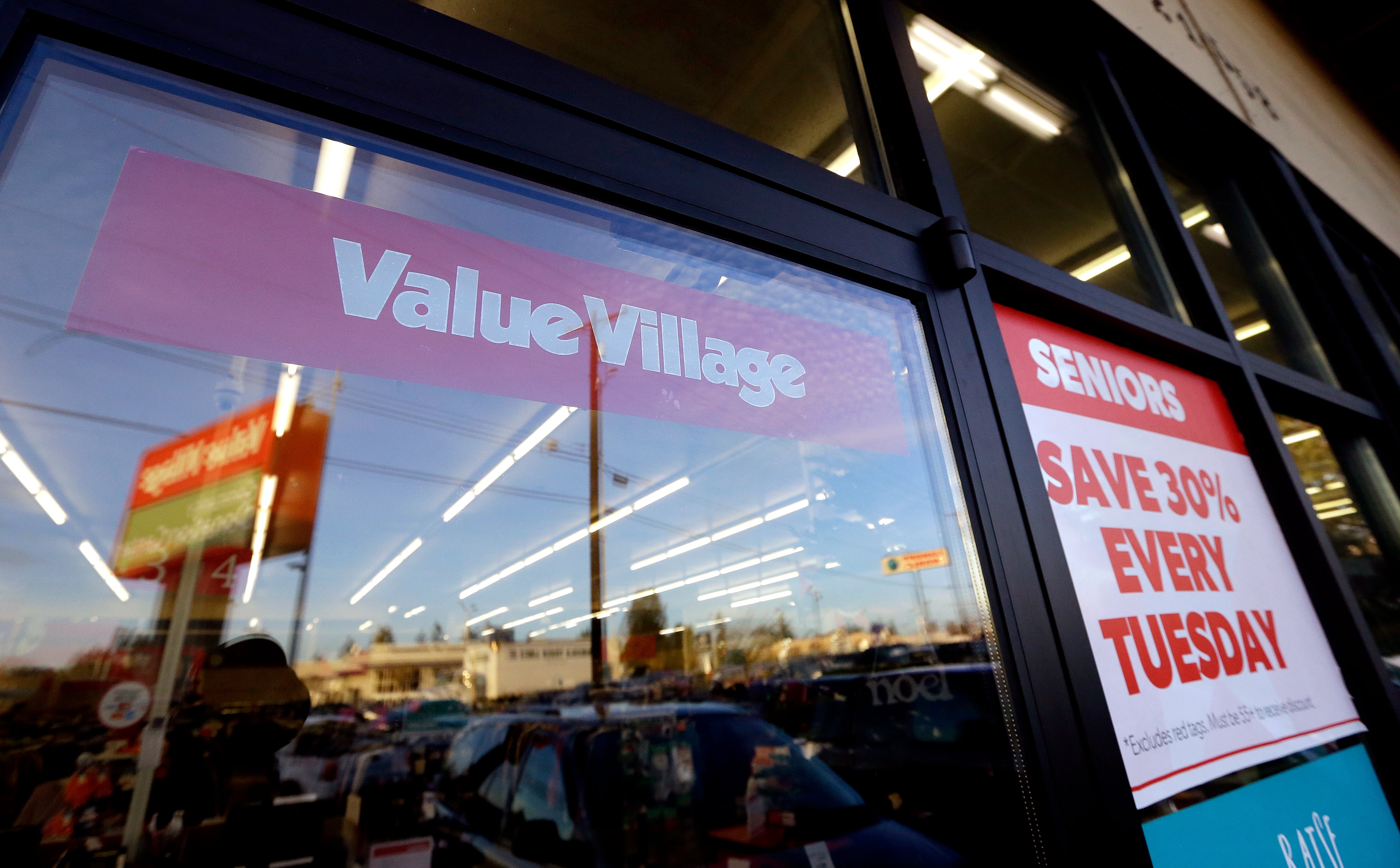Court rejects deception charges against Savers Value Village
The Washington state Supreme Court has handed the thrift store chain Savers Value Village a unanimous win in a long-running legal fight with Attorney General Bob Ferguson

Your support helps us to tell the story
From reproductive rights to climate change to Big Tech, The Independent is on the ground when the story is developing. Whether it's investigating the financials of Elon Musk's pro-Trump PAC or producing our latest documentary, 'The A Word', which shines a light on the American women fighting for reproductive rights, we know how important it is to parse out the facts from the messaging.
At such a critical moment in US history, we need reporters on the ground. Your donation allows us to keep sending journalists to speak to both sides of the story.
The Independent is trusted by Americans across the entire political spectrum. And unlike many other quality news outlets, we choose not to lock Americans out of our reporting and analysis with paywalls. We believe quality journalism should be available to everyone, paid for by those who can afford it.
Your support makes all the difference.The Washington state Supreme Court handed the thrift store chain Savers Value Village a unanimous win Thursday in a long-running legal fight with Attorney General Bob Ferguson, finding that its marketing practices constitute protected free speech.
The attorney general’s office began investigating the company eight years ago and, after Savers Value Village declined to pay millions of dollars to settle the investigation, Ferguson sued.
The state alleged that the thrift chain — which is based in Bellevue, Washington, and operates 316 stores in the U.S., Canada and Australia — had created an impression that it was a nonprofit or charitable organization and that purchases at its stores directly benefited charities.
In reality, it’s a for-profit company that pays charitable organizations for donations, but it does not provide the charities a direct cut of retail sales. The justices ruled 9-0 Thursday that the company’s marketing practices were protected by the U.S. Constitution.
While commercial speech is given less protection than other messages under the First Amendment, Savers Value Village's marketing was so wrapped up in promoting the charities it worked with that it was entitled to full protection, Justice Mary Yu wrote for the court.
Rich Medway, the company’s general counsel and chief compliance officer, said Thursday the state offered no evidence that Savers Value Village intended to deceive the public or that any consumer was harmed by its marketing practices.
Two of the major charities it works with in Washington — Northwest Center, which supports people with disabilities, and Big Brothers Big Sisters of Puget Sound — had urged the attorney general's office to drop the case and filed a friend-of-the-court brief on the thrift chain's behalf.
Savers Value Village paid $580 million to charitable partners globally in the last five years and kept 3.2 billion pounds of goods out of landfills, according to Medway.
“It’s hard to understand, with a business model like ours that is so positive … why the attorney general decided to pursue this for eight years,” he said. “It’s a model that should be celebrated.”
Savers Value Village did agree to register as a commercial fundraiser at the attorney general’s insistence, after previously being told by the secretary of state’s office that it did not need to. By 2015 it also posted signs in its stores disclosing its status as a for-profit commercial fundraiser and had employees make periodic in-store announcements to that effect.
In an emailed statement, Ferguson said his office was disappointed in the ruling and noted the court never disputed that the company’s marketing misled customers.
“We are proud that our investigation led Value Village to change its marketing practices and more clearly disclose that it is a for-profit company,” Ferguson said.
The lawsuit wasn't the first time the thrift chain's marketing practices had been challenged. In 2015, it reached a settlement with Minnesota's attorney general in which it agreed to overhaul its donation and disclosure practices. It also paid $1.8 million to six Minnesota charities to compensate them for lost income during that case.
Fourteen states, including Minnesota, filed a friend-of-the-court brief on Washington's behalf, arguing that authorities must be able to protect consumers from deceptive marketing practices because public trust is crucial to to the work charities do.
“The practice of for-profit companies masquerading as charities is therefore a significant threat to the public and the charitable sector,” they wrote.